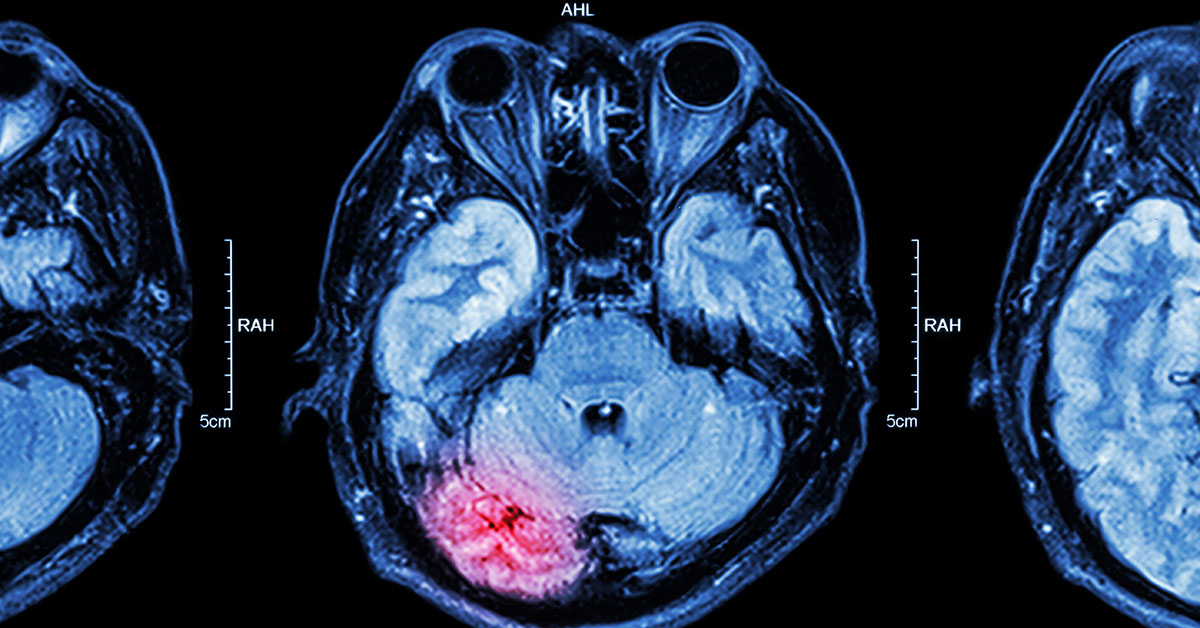
March is Brain Injury Awareness Month. The campaign is led by the Brain Association of America, with a goal to raise public awareness of brain injuries. They aim to de-stigmatize brain injuries and empower those who have survived a brain injury. The Brain Injury Association of America is also dedicated to providing resources for those living with brain injury.
1. Traumatic Brain Injury (TBI)
Not all brain injuries are classified as traumatic brain injuries (TBIs), but they do affect a lot of people each year. According to the Centers for Disease Control and Prevention (CDC), there were almost 3 million TBI-related hospitalizations, ER visits, and deaths in the United States in 2014 (the last year with a complete data set). A traumatic brain injury is one that is caused by an external force or action. Causes of traumatic brain injuries include:
- Falls (most common)
- Motor vehicle accidents
- Military attacks
- Bomb blasts
- Violence
- Gunshot wounds
2. Non-Traumatic Brain Injury (NTBI)
A non-traumatic brain injury (NTBI) is one that is not caused by an external force or action. Causes of non-traumatic brain injury (NTBI) include:
- Stroke (most common)
- Lack of oxygen
- Tumors
- Illness
- Brain infections/inflammation
- Other infections
3. There are Many Physical Symptoms
The physical symptoms of a brain injury may be noticeable immediately or they may present themselves a while after the incident that caused the injury. Physical symptoms that may indicate someone has a brain injury include:
- Headaches
- Loss of balance
- Lack of coordination
- Trouble speaking
- Trouble swallowing
- Seizures
- Changes in sleep patterns
- Blurred vision
- Other vision problems
- Changes in sensory abilities
- Loss of bladder or bowel control
- Changes in sexual function
- Trouble moving normally
4. There May Be Mental and Emotional Symptoms
While physical symptoms may be easier to notice, brain injuries can cause mental and emotional changes as well. If you notice the following things in someone after a fall or accident, seek medical attention because they may be a symptom of a brain injury:
- Confusion
- Personality changes
- Depression
- Memory impairment
- Lack of concentration
- Mood swings
- Difficulty forming sentences
- Disorientation
- Short attention span
- Forgetfulness
- Inappropriate behavior
5. Certain Treatments are Available
Treatments for brain injuries are available, however, it’s important to keep in mind that the road to recovery might be a long one. And full recovery may not be possible. Everyone involved will have to make changes. Depending on the nature and severity of the injury, recommendations for treatment may include:
- Medications
- Anti-seizure drugs
- Diuretics
- Surgery
- Blood clot removal
- Skull fracture repair
- Stopping bleeding in the brain
- Rehabilitation
- Occupational therapy
- Physical therapy
- Speech therapy
- Vocational counseling
- Recreational therapy
The team caring for someone with a brain injury may grow to include therapists for the above treatments as well as a neuropsychologist, social worker, TBI nurse specialist, or a physiatrist.
6. Support is Important
If a family member or loved one experiences a brain injury, they will need a support system to cope. Both caregivers and the person with brain injury are going to have to adapt to a new way of life. There are resources available online to learn coping skills. The neurologist or other provider giving them care can also point in the right direction. They may also recommend physical or occupational therapy.
If you are the primary caregiver to someone with a brain injury, be sure to keep an eye on symptoms so you can communicate with their physicians if needed. You might be the best source of information on how their condition is progressing based on their moods, intellect, and communication skills.
—
Regional Neurological Associates is home to board-certified neurologists who have expertise in treating a range of neurologic conditions, including stroke, which can cause brain injury. If you have concerns about neurological disorders like peripheral neuropathy, call (718) 515-4347 to make an appointment.


